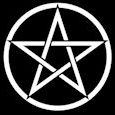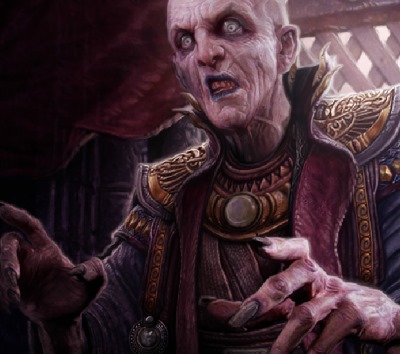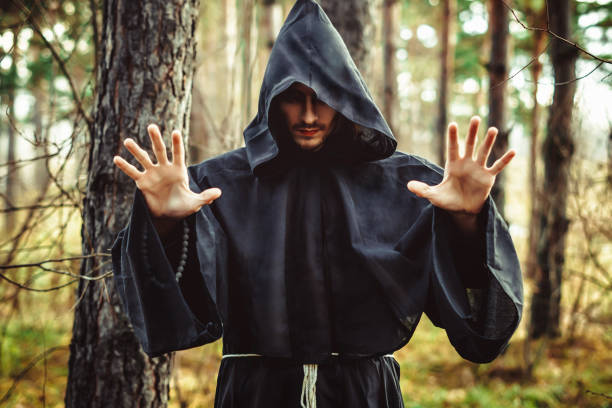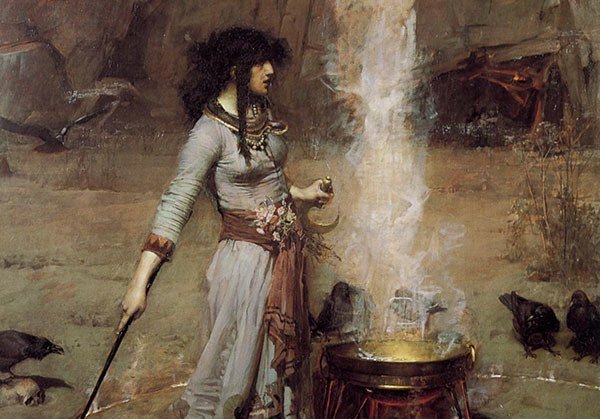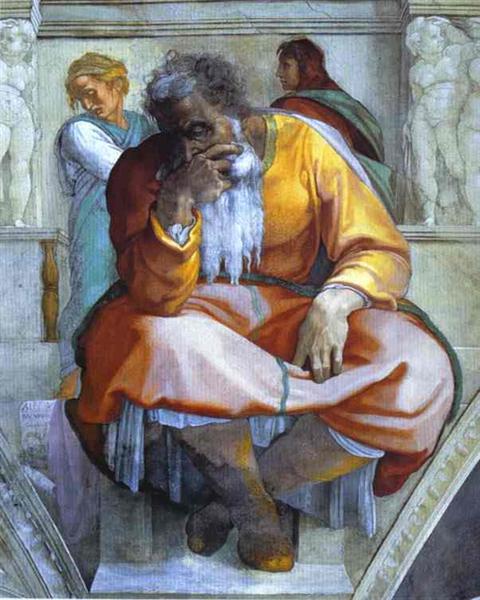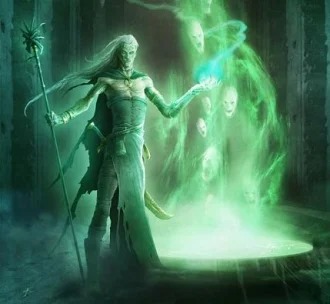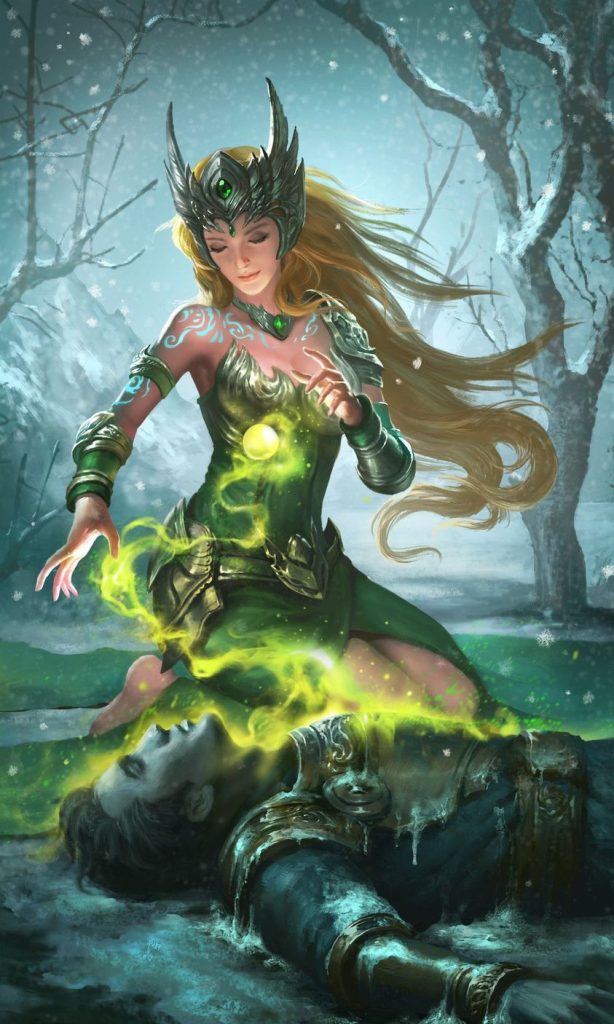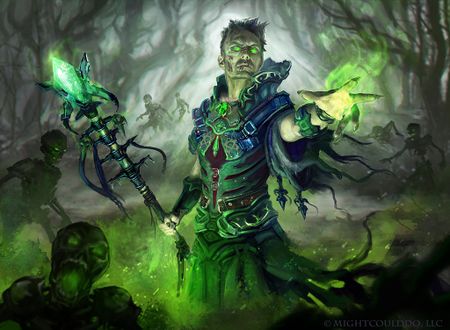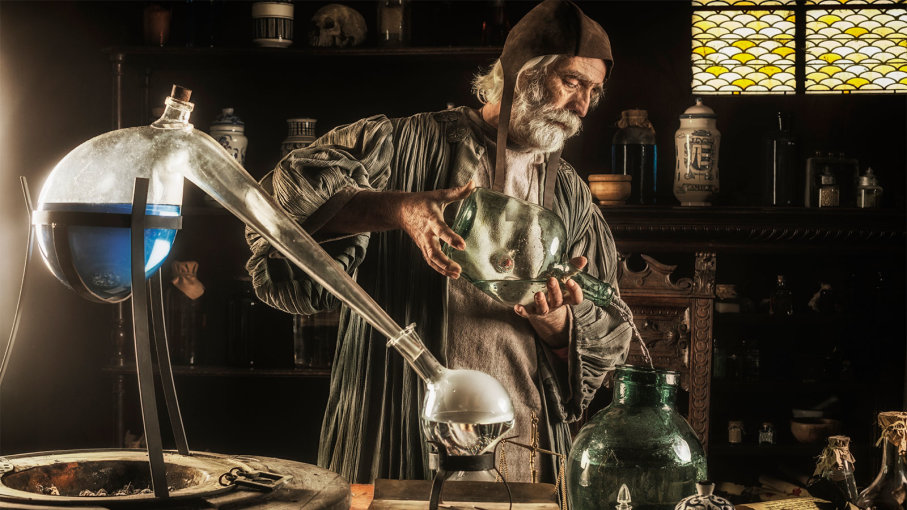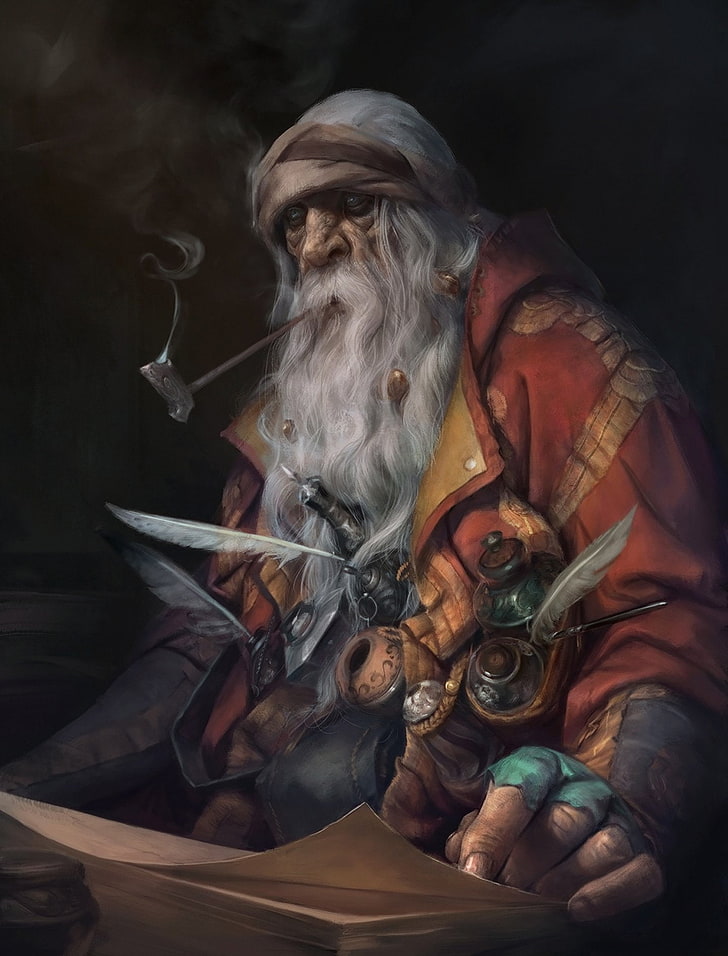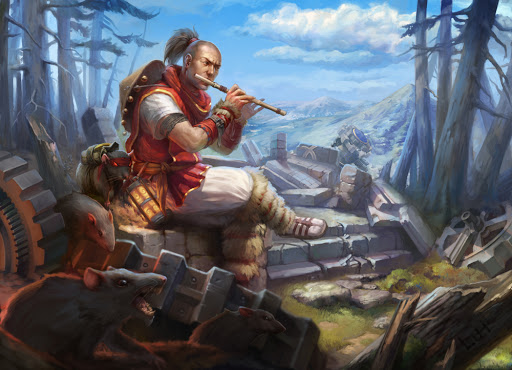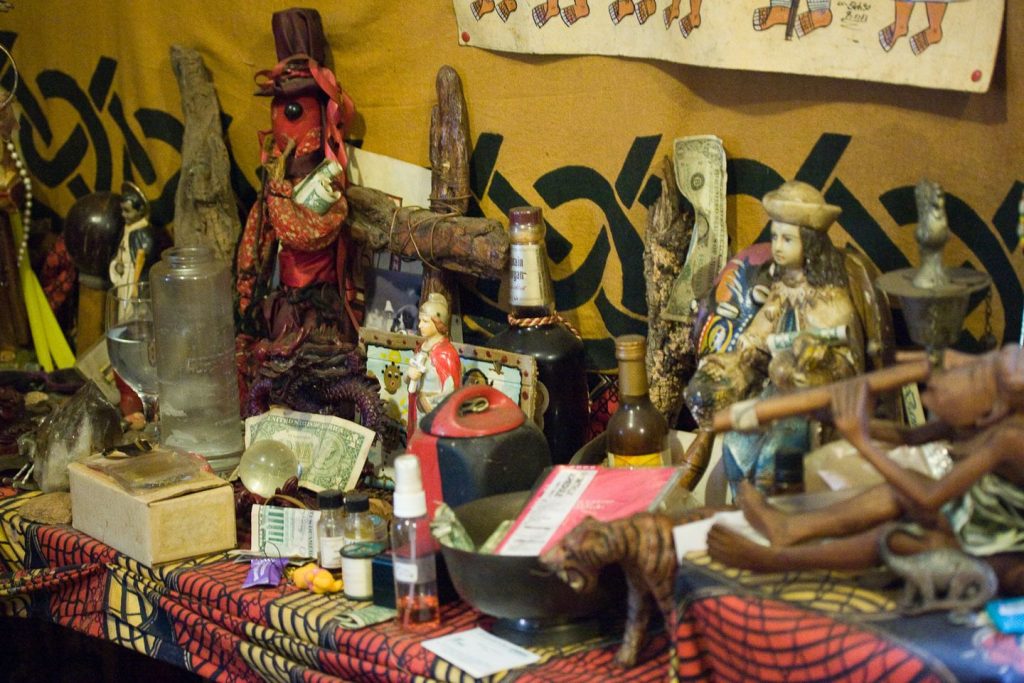
Voodoo is a religion, while hoodoo is a magickal system. The word voodoo means the “spirit of God.” Voodoo believers accept the existence of one god, below which are the powerful spirits often referred to as Loa. These powerful spirits are responsible for daily matters in life in the areas of family, love, money, happiness, wealth, and revenge. Contrary to popular belief, however, Voodoo is first and foremost about healing. The loa are petitioned in rituals and spellwork frequently, but not always.
Hoodoo, on the other hand, is southern African American folk
magic. The goal of hoodoo is to tap into supernatural forces to improve daily life by gaining power in areas such as luck, money, love, divination, revenge, health, employment, and necromancy. As in many other folk religious, magical, and medical practices, extensive use is made of herbs, minerals, parts of animals’ bodies, an individual’s possessions, and bodily fluids, especially
menstrual blood, urine, and semen. Contact with ancestors or other spirits of the dead is an important practice within the conjure tradition, and the recitation of Psalms from the Bible is also considered magically effective in hoodoo.
The word hoodoo is used in a multitude of ways. For example, it is
used as a noun to refer to the system of magic (“hoodoo”), as well as the practitioner (“he’s a hoodoo man”). It is also used as a verb (“he has done hoodooed her”), and an adjective (“that’s a hoodoo trick”). Popular names for hoodoo in the local community include “conjuration,” “conjure,” “witchcraft,” “rootwork,” and “tricking” (which has nothing to do with prostitution!). Many blues musicians have referred to hoodoo in their songs.
